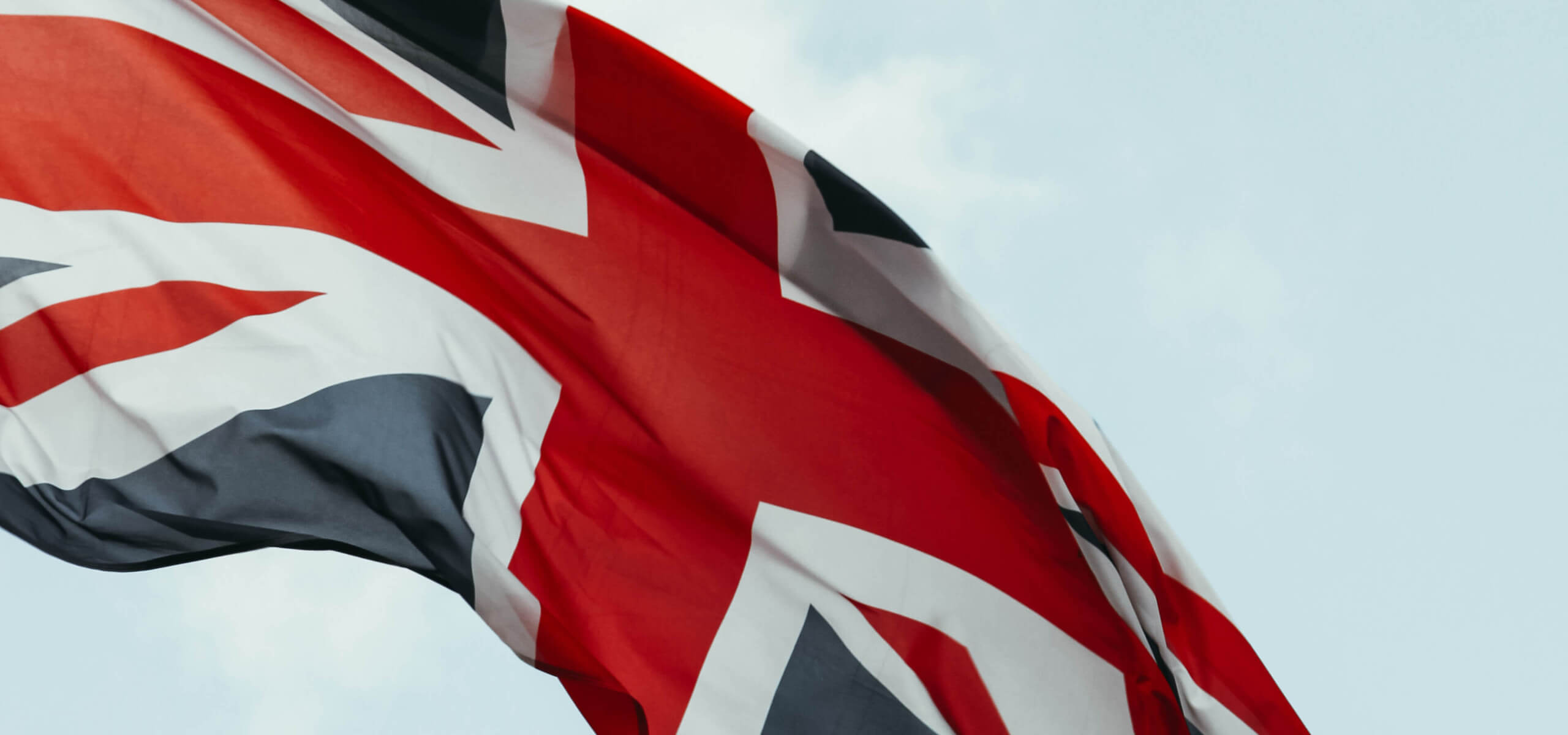Less Trade, Less Control, Lower Standards

The ‘Benefits’ of an Independent Trade Policy
An independent trade policy, we are often told, is the ‘great prize’ of Brexit. In some circles it has become a given that a swashbuckling Global Britain, unencumbered by ponderous, failing Europe will be free to lead the world in free trade, enriching our country and making us all better off.
That the supposed benefits of such an approach are outweighed by the enormous economic hit of decoupling from the European Single Market is not seriously in dispute. However, even on its own terms – turning Britain into more of a trading nation – we find this article of faith has become almost completely untethered from practical reality.
Instead, this approach would have Britain leave the world’s most advanced free trade area in pursuit of trade deals that will deliver less trade, less control and lower standards.
- Less trade: even with ambitious new trade deals, Britain will do at least £12 billion less in trade each year – after years of even lower trade while negotiations drag on
- Less control: on each of the five factors that make a country an attractive trade partner – market size, existing trade, current protection levels, the fallback or ‘BATNA’, and non-trade offers – the UK will be far weaker than the EU, leaving the government vulnerable and pressured to make foreign policy concessions to win trade with countries like China
- Lower standards: to gain market access, Britain will have to adjust regulatory standards. Stated US priorities for trade include rules on hormone-injected beef, excess antibiotics use and even giving up geographical protections for goods like Stilton.
The UK, considered not in general economic terms but specifically as a trading nation, will be in an extremely difficult position after a hard Brexit. Leaving the single market and customs union, which together constitute the most advanced free trade bloc in the world, will slash Britain’s international trade.
Only a large number of unusually ambitious bilateral trade deals could make up for those losses. The UK will not be well-placed to achieve such agreement. Most trading partners will have good reason to prioritise negotiations with the EU over dealing with Britain, a small, already largely liberalised economy.
When negotiations do start, the UK’s small size mean it will likely obtain worse terms than the EU as a whole would. Britain’s greater need to strike a deal, thanks to being newly cut off from Europe’s single market, will exacerbate that uneven bargaining position. And the most plausible advantage of being an independent trading nation – the ability to make agreements more quickly than the European Commission – can only be realised if British negotiators are willing to use their newfound independence to make sizeable concessions.
From this structurally weak position, an independent trade policy is not a goal worth pursuing. The UK will be pushed to make unwelcome changes and give up important sovereign powers, in the course of negotiating deals which still will not compensate for the loss of trade with the EU.


